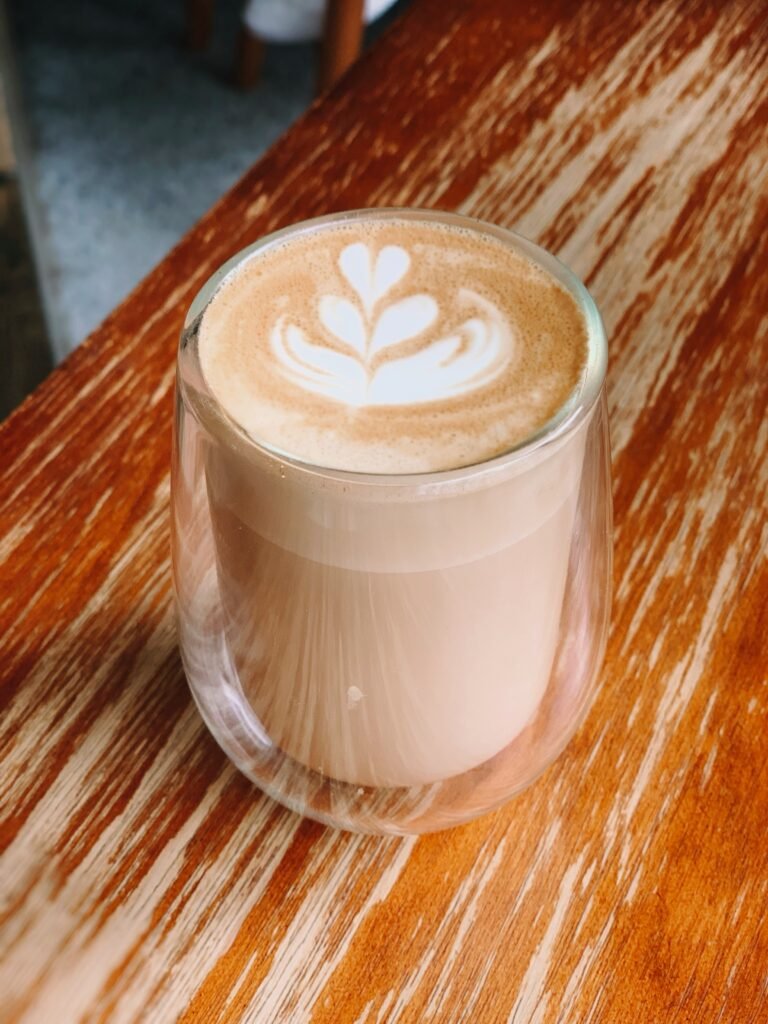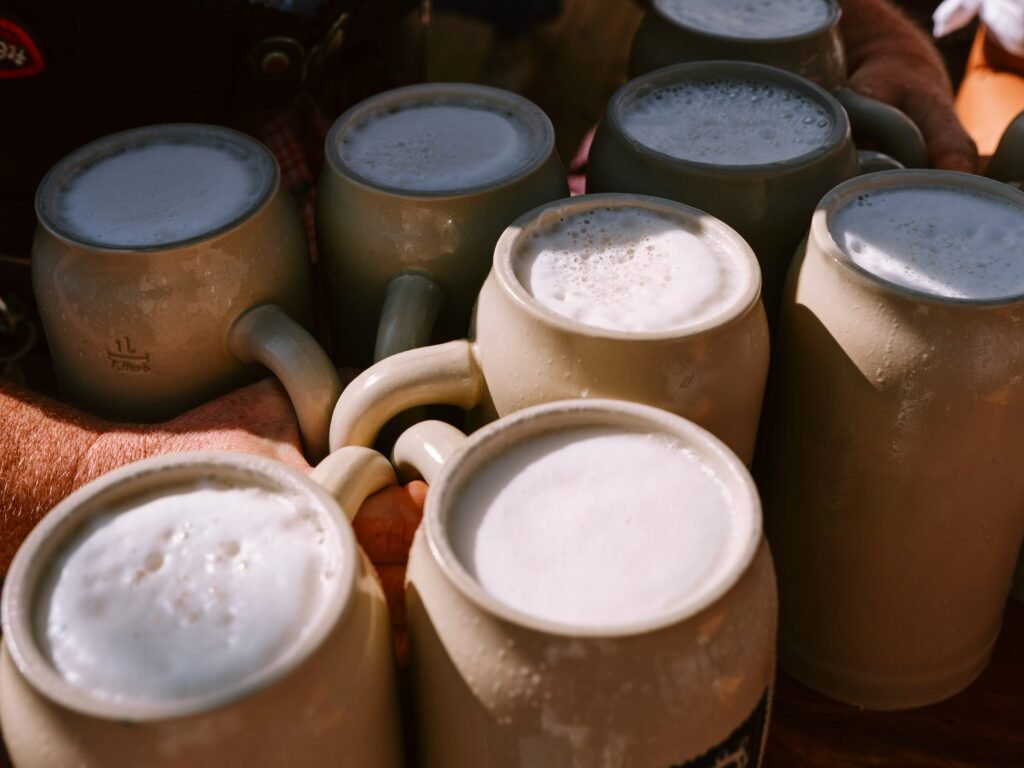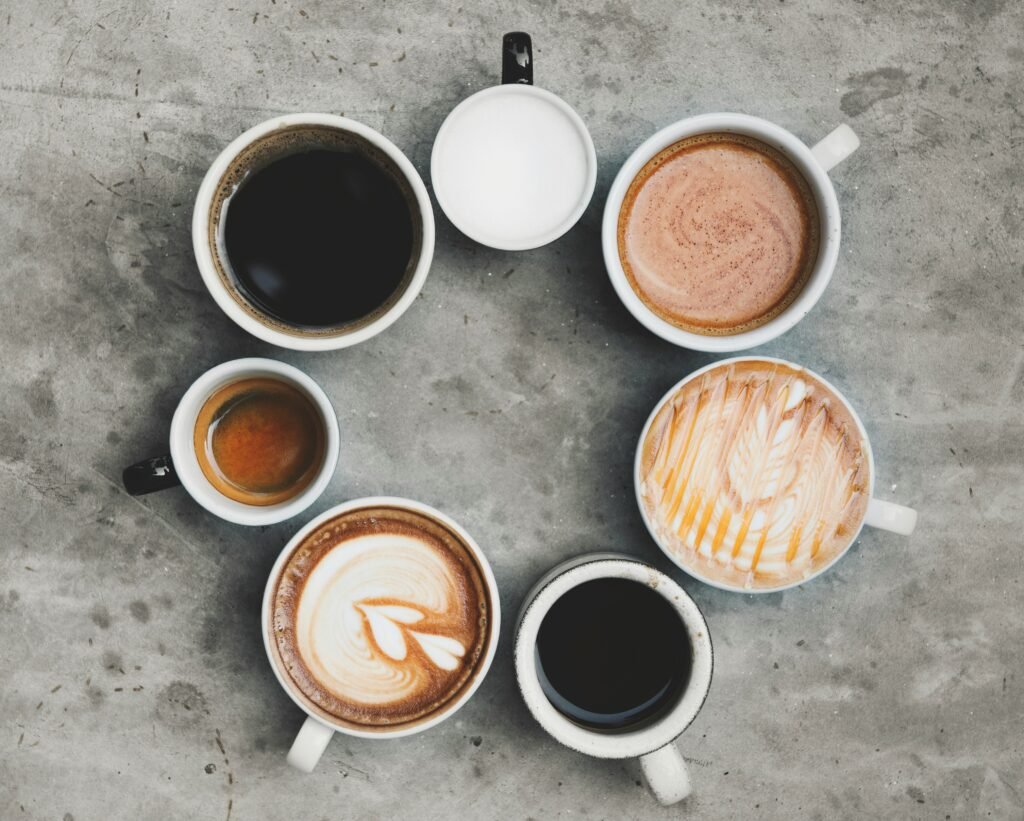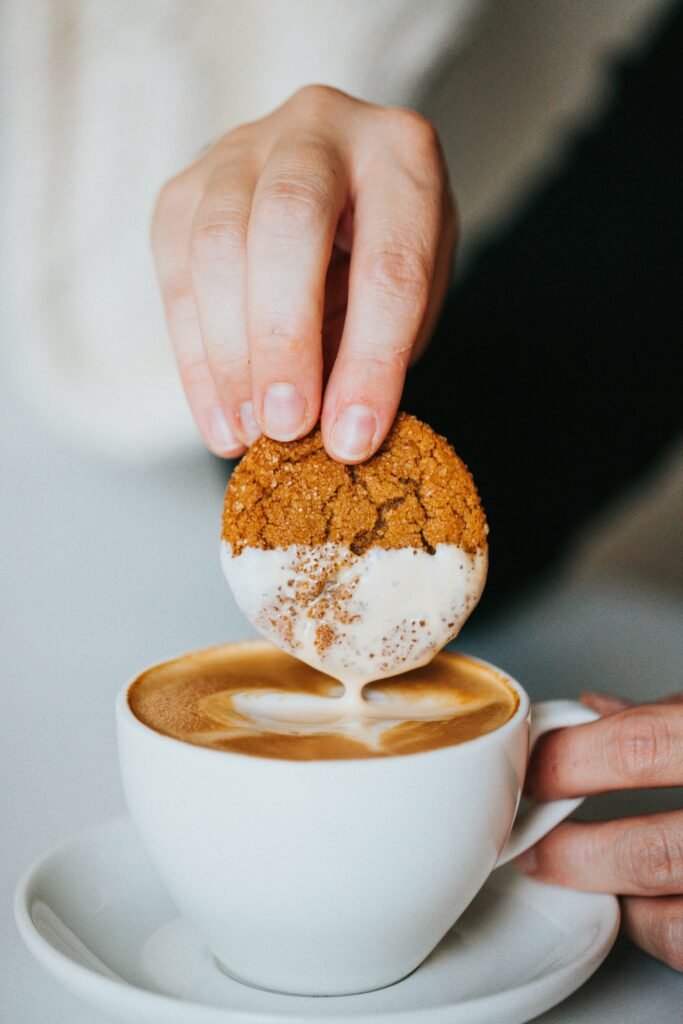Chai Lattes at Starbucks vs. Authentic Chai
The Rise of Chai Lattes at Starbucks


Chai lattes at Starbucks have undeniably contributed to the surge in popularity of this aromatic beverage. The coffee giant’s expertly crafted chai blends, combined with their signature latte preparation, have introduced countless people to the delights of chai. Starbucks chai lattes are typically made with a black tea base infused with a blend of spices like cinnamon, cardamom, cloves, and ginger. The resulting concoction is then steamed with milk and sweetened to taste.
One of the main attractions of chai lattes at Starbucks is their convenience. With locations abound, it’s easy to grab a chai latte on your way to work, school, or a meeting. The consistent quality and standardized preparation of Starbucks chai lattes also ensure a reliable and enjoyable experience.
The Chai Latte Debate: Starbucks vs. Homemade
The debate over whether chai lattes at Starbucks or homemade chai lattes are superior is ongoing. Starbucks offers convenience and consistency, while homemade chai lattes allow for customization and control over ingredients. Ultimately, the best chai latte is the one that suits your personal preferences and tastes.
Key Differences Between Authentic Chai and Starbucks Chai Lattes
- Tea Base: Authentic chai is typically made with black tea, while Starbucks chai lattes may use a proprietary blend of black tea and other teas.
- Spices: Authentic chai often features a more complex blend of spices, including cardamom, cloves, cinnamon, ginger, black pepper, and sometimes fennel or star anise. Starbucks chai lattes tend to use a simpler blend of spices.
- Milk: Authentic chai is traditionally made with milk from a cow, goat, or buffalo, while Starbucks chai lattes are typically made with dairy milk or a plant-based milk alternative.
- Preparation: Authentic chai is often brewed on the stovetop or in a chai maker, while Starbucks chai lattes are made using a commercial espresso machine.
- Sweetness: Authentic chai is often sweetened with sugar or honey, while Starbucks chai lattes are typically sweetened with a sugar syrup.
- Texture: Authentic chai tends to have a thicker and creamier texture due to the use of milk and spices. Starbucks chai lattes are often thinner and have a more watery consistency.
- Flavor: Authentic chai has a more pronounced tea flavor and a wider range of spices. Starbucks chai lattes have a sweeter and more subdued flavor.
The Allure of Authentic Chai


While chai lattes at Starbucks offer a convenient and accessible option, many chai enthusiasts yearn for the authentic flavors and traditions associated with this beloved beverage. Authentic chai often involves a more involved preparation process, often brewed with loose-leaf tea and a unique blend of spices. The resulting chai may be spicier, sweeter, or have a more pronounced tea flavor compared to its Starbucks counterpart.
One key difference between chai lattes at Starbucks and authentic chai lies in the milk used. Authentic chai is traditionally made with milk from a cow, goat, or buffalo. The type of milk used can significantly impact the flavor and texture of the chai. Additionally, some authentic chai recipes incorporate clarified butter (ghee), which adds a rich and buttery aroma.
Cultural Significance of Chai
Chai has deep cultural roots in India, where it has been enjoyed for centuries. It is often served as a sign of hospitality and is associated with social gatherings and celebrations. Chai is also considered to have medicinal properties and is believed to aid digestion, boost immunity, and promote relaxation.
The Art of Brewing Authentic Chai
Brewing authentic chai is a skill that takes practice and patience. The key to making a delicious cup of chai is to balance the flavors of the tea, spices, and milk. It is important to use high-quality ingredients and to experiment with different ratios of tea, spices, and milk to find your perfect blend.
Black Scottie Chai: A Taste of Tradition
If you’re seeking an authentic chai experience, Black Scottie Chai offers a delightful option. Our chai concentrates are crafted using traditional methods, with a focus on quality ingredients and bold flavors. Black Scottie Chai’s concentrates can be enjoyed hot or cold, making them versatile and convenient. By adding a splash of Black Scottie Chai concentrate to your favorite milk or water, you can savor the rich and complex flavors of authentic chai.
FAQs About Chai Lattes
- What is the difference between chai tea and chai latte? Chai tea is a black tea infused with spices, while a chai latte is made by steaming chai tea with milk and often adding sweeteners.
- Is chai latte healthier than coffee? Chai lattes generally contain fewer calories and caffeine than coffee, but the addition of milk and sweeteners can increase their sugar content.
- Can I make a chai latte at home? Absolutely! You can make a chai latte at home using loose-leaf chai tea, milk, and your preferred sweetener.
- What is the best chai tea brand for making chai lattes? There are many great chai tea brands available, but Black Scottie Chai offers high-quality concentrates that provide an authentic chai experience.
Exploring Chai Latte Variations


While the classic chai latte is a beloved favorite, there are countless variations to explore. Some popular options include:
- Spiced Chai Latte: This version features a blend of warming spices like cinnamon, cardamom, cloves, and ginger.
- Golden Milk Latte: Made with turmeric, ginger, and black pepper, this latte is known for its potential health benefits.
- Chai Latte with a Twist: Experiment with different flavor combinations, such as adding a shot of espresso, a dollop of whipped cream, or a sprinkle of cinnamon sugar.
- Seasonal Chai Lattes: Many coffee shops offer limited-time chai latte flavors that incorporate seasonal ingredients like pumpkin, peppermint, or lavender.
Chai Latte and Coffee Culture
Chai lattes have become a popular addition to coffee shop menus, often enjoyed alongside traditional coffee beverages. The growing popularity of chai lattes has contributed to the overall coffee culture, offering a diverse range of options for caffeine enthusiasts.
The Rise of Specialty Coffee Shops
In recent years, there has been a surge in the number of specialty coffee shops that offer a wide variety of high-quality coffee drinks, including chai lattes. These shops often use ethically sourced beans, employ skilled baristas, and experiment with unique flavor combinations. The popularity of specialty coffee shops has helped to elevate the coffee-drinking experience and has contributed to the growing popularity of chai lattes as a trendy beverage.
The Influence of Social Media
Social media platforms have played a significant role in popularizing chai lattes. Instagram and TikTok are filled with visually appealing photos and videos of chai lattes, which have inspired many people to try this delicious beverage. Influencers and food bloggers often share their favorite chai latte spots and recipes, further driving the trend.
Chai Lattes as a Global Phenomenon
Chai lattes have become a global phenomenon, enjoyed by people in countries around the world. The popularity of chai lattes can be attributed to their versatility, delicious flavor, and cultural significance. As people become more adventurous and explore different cuisines, chai lattes have gained widespread appeal.
Chai-Inspired Treats


Chai has inspired a wide variety of delicious treats, including:
- Chai-spiced lattes: These lattes are made with a chai-infused milk base and can be topped with whipped cream, cinnamon sugar, or a sprinkle of nutmeg.
- Chai-infused desserts: Chai can be added to a variety of desserts, such as cookies, cakes, ice cream, and pudding.
- Chai-spiced cocktails: Chai can be used to create unique and flavorful cocktails, such as the Chai Latte Martini or the Spiced Chai Toddy.
Chai Latte Recipes
If you’re eager to try making your own chai lattes at home, here are a few recipes to get you started:
- Classic Chai Latte: Brew loose-leaf chai tea, combine with milk, and sweeten to taste.
- Spiced Chai Latte: Add a pinch of cinnamon, cardamom, cloves, and ginger to your chai tea before brewing.
- Golden Milk Latte: Combine turmeric, ginger, black pepper, and milk, and heat until warm.
- Pumpkin Spice Chai Latte: Add pumpkin puree, maple syrup, and a pinch of nutmeg to your chai latte.
Chai Latte Tips
- Experiment with different tea bases: Try using green tea or white tea for a lighter flavor.
- Adjust the spice level: Add more or less spices to suit your taste.
- Get creative with toppings: Try adding whipped cream, cinnamon sugar, or a sprinkle of nutmeg.
- Consider using a milk frother: Frothing the milk can create a richer and creamier texture.
Chai Latte Health Benefits
Many chai lattes are made with black tea, which contains antioxidants that may offer various health benefits. Additionally, the spices used in chai can have potential health properties, such as aiding digestion and reducing inflammation. However, it’s important to note that the addition of milk and sweeteners can increase the calorie and sugar content of chai lattes.
Conclusion
Whether you prefer the convenience of chai lattes at Starbucks or the traditional flavors of authentic chai, there’s no denying the allure of this aromatic beverage. Both options offer unique experiences, and ultimately, the best chai is the one that brings you joy and comfort. So, grab your favorite mug, indulge in a steaming cup of chai, and savor the warmth and flavor that this beloved drink has to offer.
What is your favorite way to enjoy chai? Do you prefer chai lattes at Starbucks or authentic chai? Share your thoughts in the comments below!
